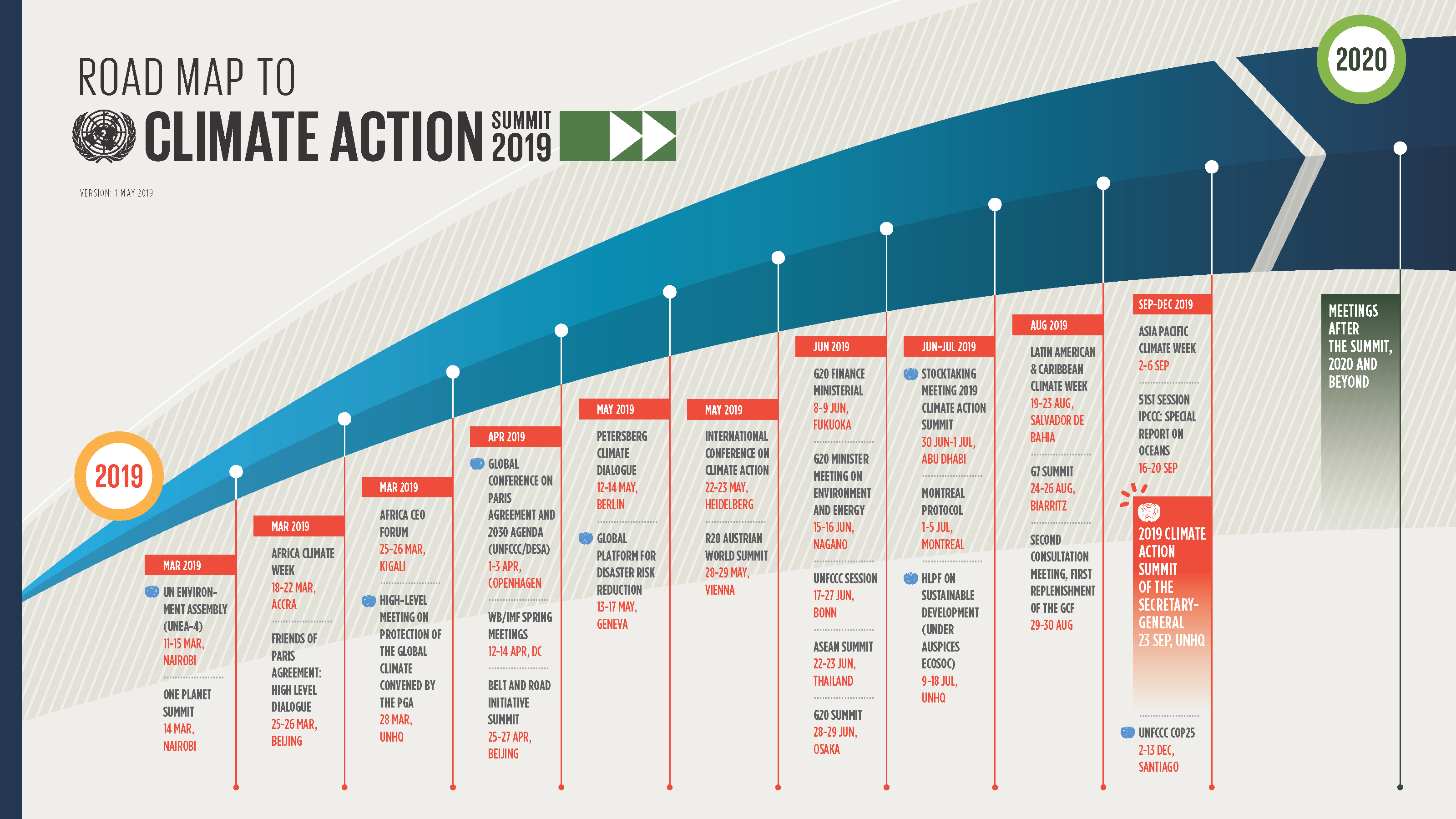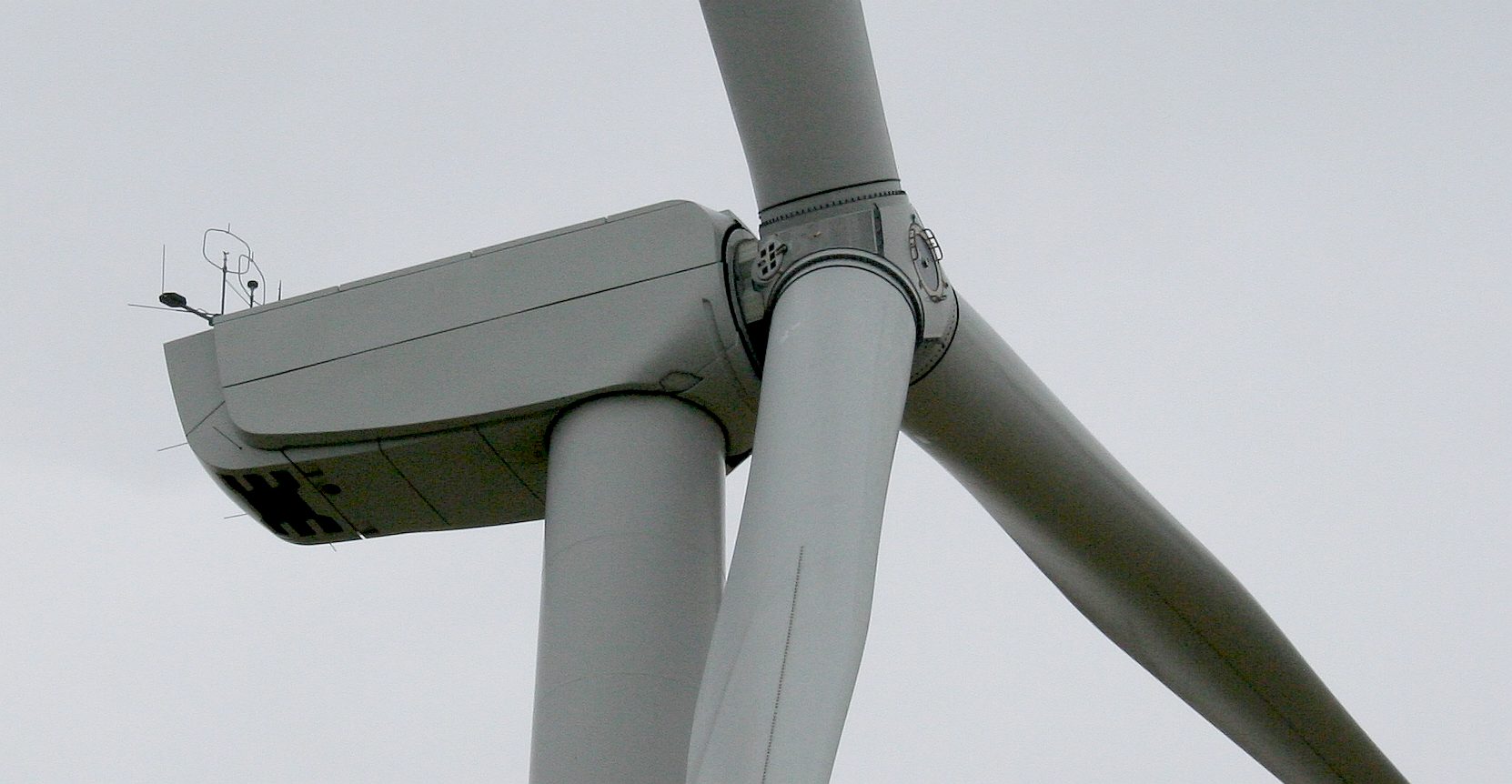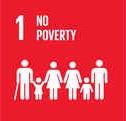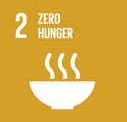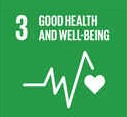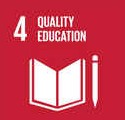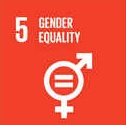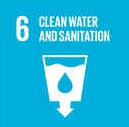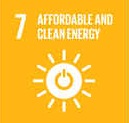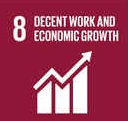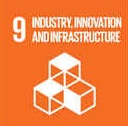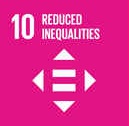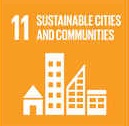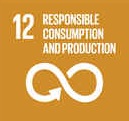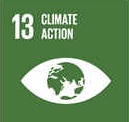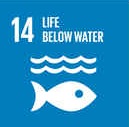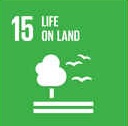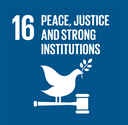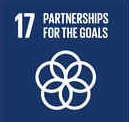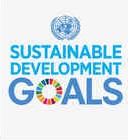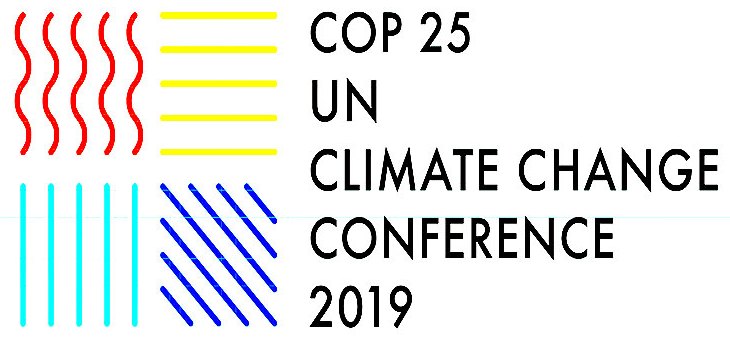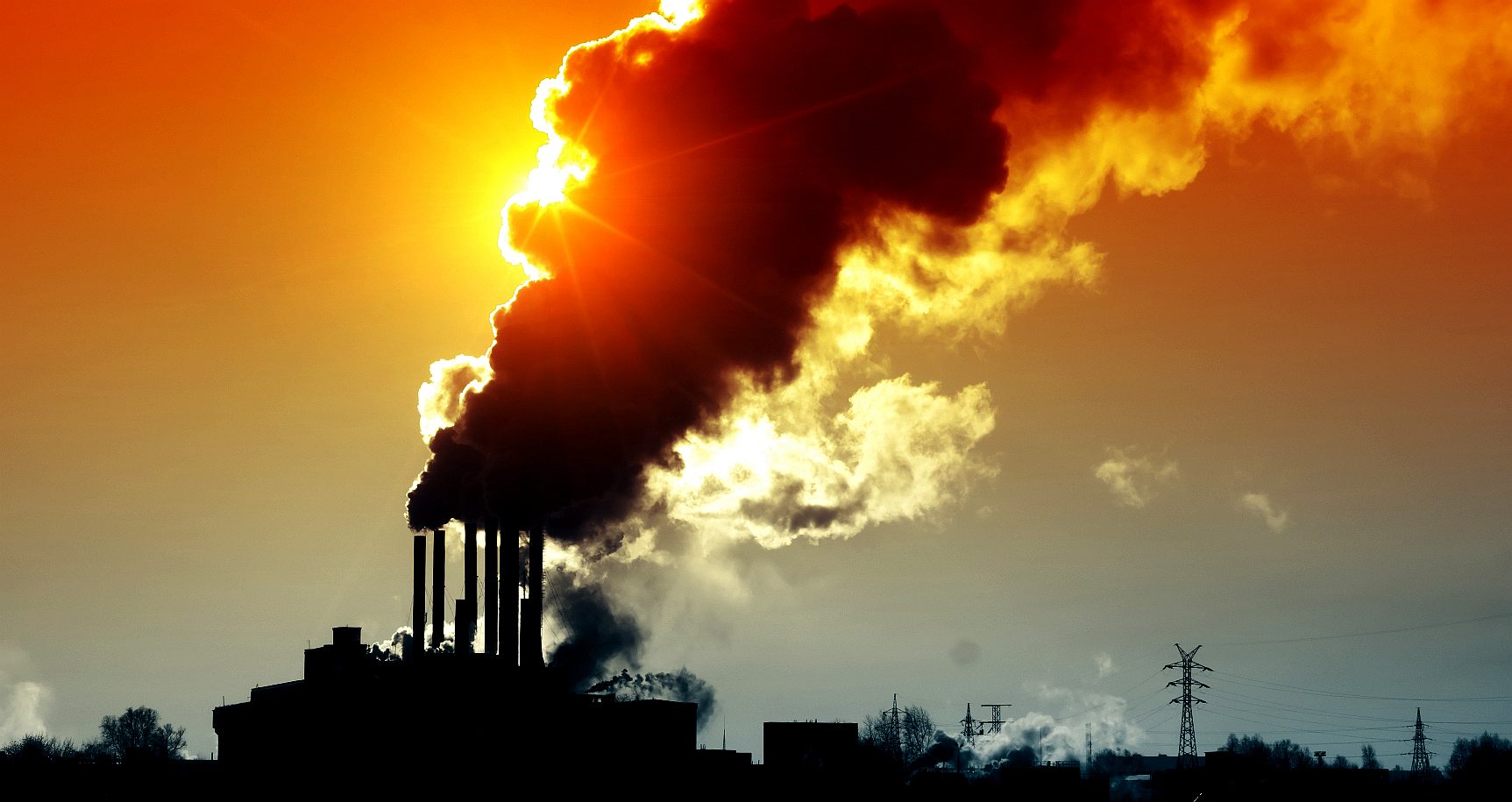|
WORLD FUTURE ENERGY SUMMIT 2020
Please use our A-Z INDEX to navigate this site where page links may lead to other sites
|
|||
The annual World Future Energy Summit in Abu Dhabi is the leading global industry event and marketplace for future energy, cleantech and sustainability.
Bringing together government and business leaders, 800 specialist exhibitors and 33,500 visitors from 170 countries, it showcases pioneering technologies and ground-breaking thinking in
energy and energy efficiency, water,
solar, waste, smart cities and more.
The event is divided into a number of areas: Energy, Solar, Water, Cities and Waste.
The Energy Expo & Forum plays a pivotal role for global renewable energy development and innovation. As an annual meeting point for governments, energy companies, utilities and innovators, it puts new thinking, ideas and technologies centre stage to drive the transition to clean energy.
The EcoWaste Expo & Forum is the ground-breaking platform for the MENA region’s recycling, waste management and waste-to-energy industries, dedicated to advancing new business opportunities and inspiring best practice for a more sustainable future.
The Water Expo & Forum brings the global water industry together to tackle the challenges of water scarcity. From smart water to the water-food nexus, we examine the latest issues head-on and provide a truly international platform for pioneering ideas, technologies, commerce and trade.
The Smart Cities Expo & Forum is where the city of the future comes to life, bringing forward-thinking governments and municipalities together with pioneers in smart infrastructure, future transportation and next-generation building technology to develop the potential of connected communities – from sustainable planning to smart mobility.
* Applying a full Building Performance Evaluation– a step by step guide
*
Big-budget, deep retrofit with financing: UAE – Fairmont Palm Hotel
COP HISTORY
THE UNITED NATIONS
The United Nations have stated that climate action is a problem to be tackled via one of the sustainability development goals: SDG 13. They have as yet not identified any solid formula to achieve that aim that would constitute an Action Plan, but we live in hope that with so many solutions at their disposal, that something might come of it in the not too distant future.
SIX STEPS TOWARD A COOLER PLANET
1. TRANSPORT: Phase out polluting vehicles. Government aims to end the sale of new petrol, and diesel vehicles by 2040 but have no infrastructure plan to support such ambition. Marine transport can be carbon neutral.
2. RENEWABLES: Renewable energy should replace carbon-based fuels (coal, oil and gas) in our electricity, heating and transport.
3. HOUSING: On site micro or macro generation is the best option, starting with new build homes.
4. AGRICULTURE: We need trees to absorb carbon emissions from a growing population, flying, and to build new homes. Reducing food waste and promoting less energy intensive eating habits such as no meat Mondays.
5. INDUSTRY: Factories should be aiming for solar heating and onsite renewable energy generation.
6. POLITICS: - National governing bodies need to adopt policies to eliminate administrative wastages, to include scaling down spending on war machines, educating the public and supporting sustainable social policies that mesh with other cultures. Curbing kleptocratic councils.
LINKS & REFERENCE
https://www.worldfutureenergysummit.com/
|
|||
|
This website is provided on a free basis as a public information service. copyright © Climate Change Trust 2019. Solar Studios, BN271RF, United Kingdom.
|

